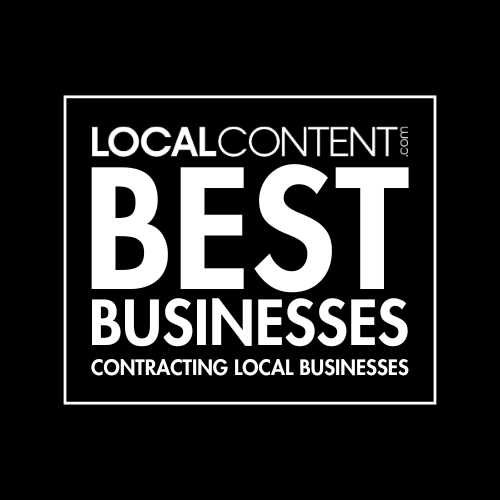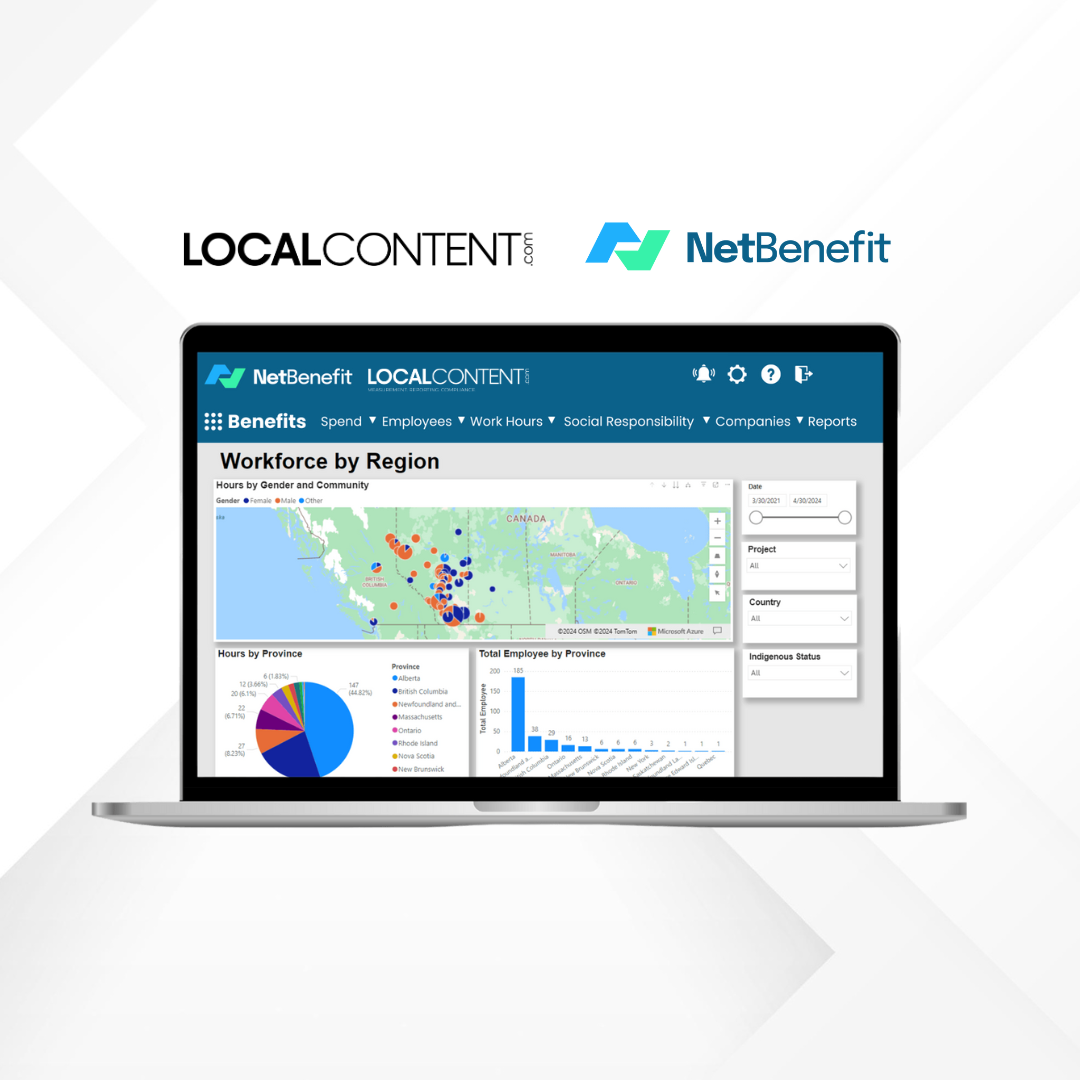Located in Central Harlem, 181 W 135th St offers a prime real estate partnership opportunity, combining historical significance with modern development potential. This 16,000-square-foot, three-story facility provides adaptable spaces, making it ideal for public-private partnerships focused on education, wellness, recreation, and nonprofit initiatives.
Investment and Development Strategy
To maximize its impact, we propose an integrated development approach, leveraging zoning flexibility (C1-4) and existing amenities to create a multi-use community hub. Strategic partnerships with developers, investors, nonprofit organizations, and government entities will ensure a sustainable redevelopment model, balancing commercial viability with community-driven initiatives.
Key Development Areas
- Education & Career Development: Expansion of learning and job training programs in partnership with educational institutions.
- Sports & Recreation: Modernization of basketball and swimming facilities, catering to youth engagement and fitness.
- Medical & Wellness Services: Establishment of community healthcare, rehabilitation, and mental health initiatives.
- Cultural & Civic Engagement: Creation of arts, heritage, and social justice programs, preserving Harlem’s rich history.
Property Highlights
- Size: 16,000 square feet, three stories
- Zoning: C1-4, accommodating medical, fitness, and community ventures
- Accessibility: Near Harlem YMCA, Adam Clayton Powell Jr. Blvd., St. Nicholas Park, Harlem Hospital Center
- Transit Access: Close to Harlem River Drive, RFK Bridge, subway stations, and one block from the Grand Concourse
- Historic Legacy: Built in 1918, expanded in 1931-32, formerly one of the largest Black YMCAs in the U.S.
- Architectural Style: Neo-Renaissance, featuring arched windows, an arcade, and an elegant cornice
Partnership and Funding Model
- Public-Private Partnerships: Collaborate with government agencies, securing grants and tax incentives for redevelopment.
- Corporate Sponsorships: Engage corporations and foundations to fund youth development and wellness programs.
- Nonprofit Collaborations: Partner with organizations focused on education, social justice, and healthcare for operational sustainability.
- Revenue Streams: Mixed-use space rentals, membership fees for recreation facilities, and commercial leasing opportunities.









